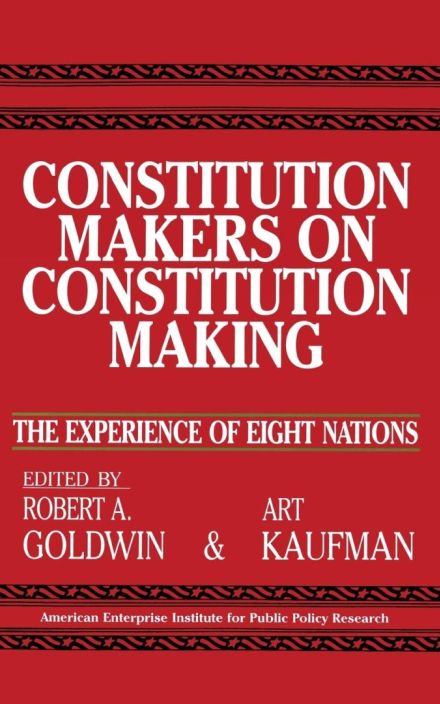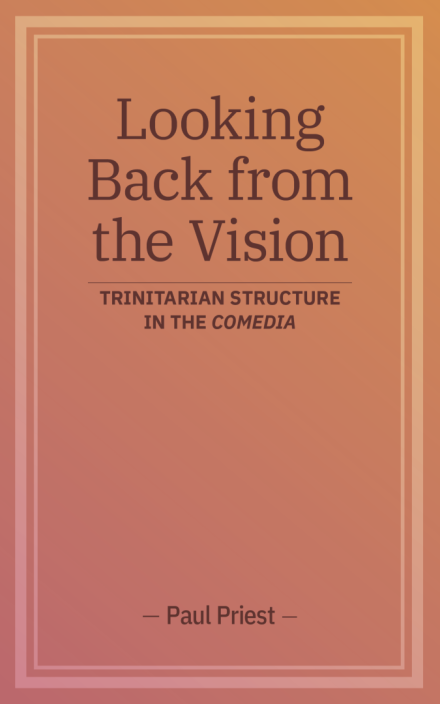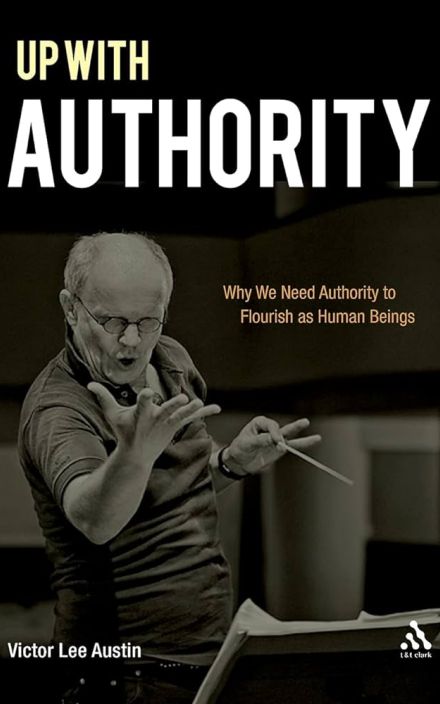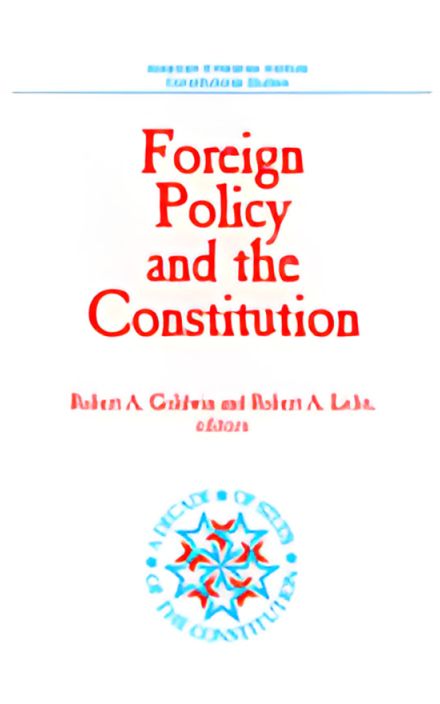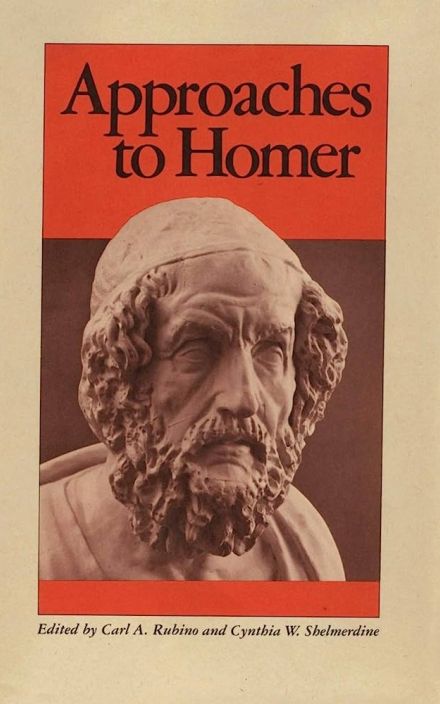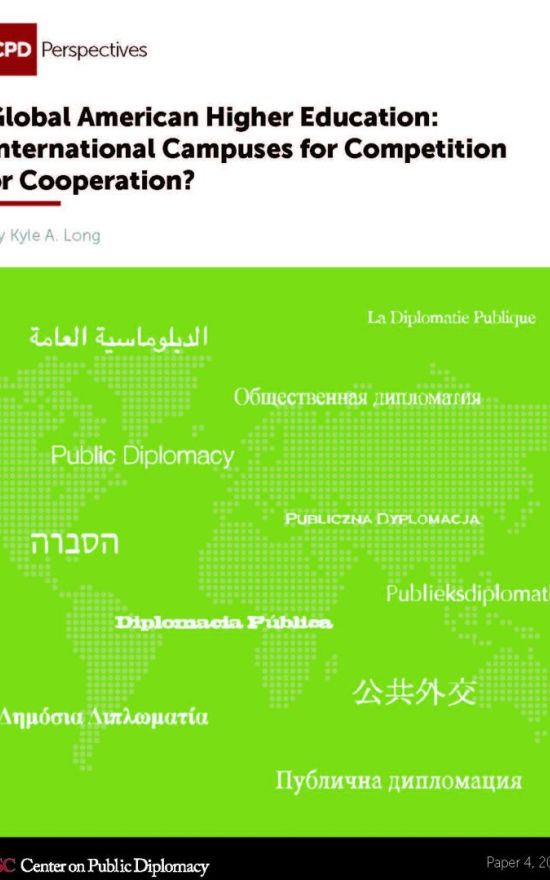
Genre: NONFICTION > Academic Text
Global American Higher Education: International Campuses for Competition or Cooperation?
Role: Author
This book provides an insightful analysis into the dual role of American higher education institutions abroad. It delves into how these campuses serve as resources for American competitive advantage on the global stage and as mediums for fostering mutual understanding among nations.
Long utilizes an original dataset of 345 institutions across 90 countries over 187 years to explore the evolution and impact of American universities outside the fifty states. This comprehensive study reveals that these campuses, first established around the Mediterranean and now flourishing in Asia—particularly in China—enroll approximately 720,000 students worldwide. These institutions, typically nonprofit universities accredited in the United States with around 5,000 students, exemplify the educational standards, methodologies, and frameworks of American higher education.
The book employs the concepts of soft power and knowledge diplomacy to assess the significance of these international campuses in American public diplomacy. Despite their substantial role in advancing U.S. interests and promoting cross-cultural understanding, Long notes that they have been underutilized in official American diplomatic efforts. By highlighting the scope, features, and trends of these institutions, Long argues for their potential as a strategic resource in policy-making.
Global American Higher Education offers policy suggestions and directions for future research, emphasizing the need for policymakers to recognize and leverage the contributions of these campuses to both competitive positioning and international cooperation. This compelling study challenges readers to consider the nuanced roles of American universities abroad in the broader context of global education and public diplomacy.
Looking for more? Search Books by Johnnies


